BBC supporters need to shout louder than the press barons
All political parties need to commit to a licence fee linked to inflation, argues Steven Barnett
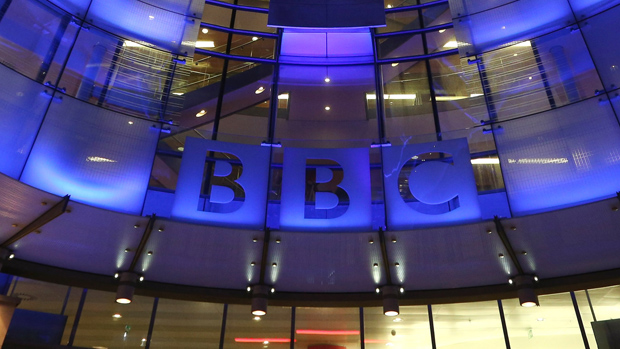
A free daily email with the biggest news stories of the day – and the best features from TheWeek.com
You are now subscribed
Your newsletter sign-up was successful
TODAY sees the opening salvos in a debate that will determine the BBC’s future. At the Oxford Media Convention, Tony Hall will mount a strenuous defence of the BBC licence fee - and address the notion (now gaining support among the BBC’s detractors) that its proceeds should be shared with competitors, through either top-slicing or “contestable” funding models.
At the same time, a new Reuters Institute report from economists Patrick Barwise and Robert Picard spells out, for the very first time, what will happen to the UK’s creative economy if the government continues to refuse to raise the licence fee in line with inflation. It is ideal timing for their forensic analysis.
It has been, to put it mildly, a rocky couple of years for the BBC, with its competitors and critics gleefully painting a picture of terminal decline. Two Newsnight fiascos - a murky editorial decision to drop a story exposing Jimmy Savile as a paedophile, followed by untrue allegations that former Tory party treasurer Lord McAlpine was involved in child abuse in North Wales - resulted in the resignation of a director general after just 54 days in the chair. The newly installed Lord Hall was immediately faced with evidence of inflated senior management salaries and, even worse, payoffs to departing executives far in excess of their entitlement, all apparently sanctioned by the BBC Trust.
The Week
Escape your echo chamber. Get the facts behind the news, plus analysis from multiple perspectives.

Sign up for The Week's Free Newsletters
From our morning news briefing to a weekly Good News Newsletter, get the best of The Week delivered directly to your inbox.
From our morning news briefing to a weekly Good News Newsletter, get the best of The Week delivered directly to your inbox.
It was therefore not difficult to portray the BBC as suffering from a fundamental malaise which demands wholesale restructuring of both its funding and constitution. To its critics, this is the worst crisis in the BBC’s history. Something must be done.
In fact, it is no such thing. Narratives about the BBC in crisis have been all the rage ever since Michael Leapman’s apocalyptically titled book Last Days of the Beeb was published in 1986. From the Hutton Inquiry to “Queengate” to fake callers on phone-in programmes to the Ross-Brand Radio 2 saga and the corporation’s refusal to broadcast a charity appeal in aid of Gaza refugees, anyone under 50 will barely remember a time when the BBC wasn’t apparently in crisis. The current wave of schadenfreude is the latest attempt to taint the BBC with an image of managerial incompetence, editorial mismanagement and general institutional turmoil.
Each episode is deliberately and mischievously exploited by those ideologically opposed to publicly funded institutions, and particularly by powerful press groups which have long been deeply antagonistic to the size and scope of the BBC on both political and commercial grounds. In that respect, little has changed. But the noise of these self-interested attacks has become louder, the excuses are flimsier, and the commercial imperatives behind them are even stronger – especially as the long-standing business model of print journalism is undermined by the flight of advertising revenue to online providers.
So while we should demand that the BBC rectify its corporate and governance mistakes, we should also be frank about the blatant exaggerations of crises that simply do not exist. Much more importantly, we should also focus on the real life-threatening crisis that could eventually engulf the BBC completely: the erosion of its funding base.
A free daily email with the biggest news stories of the day – and the best features from TheWeek.com
As the detailed economic analysis by professors Barwise and Picard shows the real danger for the BBC is a progressive decline in funding to the point where it is no longer capable of fulfilling its task as a comprehensive public service broadcaster. The authors note the gradual diminution of the licence fee as a proportion of total industry spending on television, projected to fall from its current 22% of the total to 18.5% by 2016.
This “salami-slicing” was seriously exacerbated by the 16% cut that the newly elected coalition government imposed in October 2010, and it is inexorably eroding the BBC’s ability to maintain its status as a major cultural force in Britain.
According to the authors, “It is not scaremongering to project that, if the current policy continues (even if the more radical proposals for scaling back the BBC are rejected), within a generation it will have been reduced to a barely relevant sideshow, the UK equivalent of PBS in America.” As well as public and consumer detriment this continuing decline will impact on the UK’s independent production sector since the commercial sector cannot make up the shortfall.
That is the real threat to the future of the BBC. If Britain wants to sustain a cultural institution which is still trusted and enjoyed by the vast majority of its own citizens while being consistently praised and admired throughout the world, we must have the political will to make the resources available. We urgently need manifesto commitments from all three major parties to guarantee that they will, after 2016, reinstate a licence fee that is index-linked to inflation. They must also commit to withdrawing from the dangerous BBC “top-slicing” strategy, which now sees the licence fee being used to fund broadband rollout and local television stations.
That agenda will not be pursued by our national or regional press. Instead, over the next 18 months, we can expect a concerted attack on the BBC’s size, funding, governance, impartiality, competence and standing in British society as anti-BBC MPs (mostly from the Conservative benches) join forces with ferociously anti-BBC national newspapers determined to undermine the BBC’s legitimacy and funding base.
During the last review of the BBC Charter in 2006, there was an unprecedented joint submission by three major UK newspaper conglomerates - Associated Newspapers, News International, and the Telegraph Group -- which combined forces to call for a below inflation increase in the licence fee to “curtail the width of the BBC’s remit in the digital arena”. That submission was also signed by the Commercial Radio Companies Association and the Newspaper Society, representing the local and regional press.
Whether explicitly or not, that same alliance will be operating again this time around, with the same goal: a financially diminished BBC. It will not be the first time BBC supporters both inside and outside parliament (who still represent the great majority of the British public) will struggle to make themselves heard over the megaphones of BBC competitors. But if the BBC is to survive as a dynamic and thriving institution at the heart of Britain’s creative and cultural life, it might be the most important.
Steven Barnett is a Professor of Communications at the University of Westminster. This article is an abridged version of a chapter in his new book being published on March 1: Is the BBC in Crisis?
This article was originally published on The Conversation.
-
 Political cartoons for February 16
Political cartoons for February 16Cartoons Monday’s political cartoons include President's Day, a valentine from the Epstein files, and more
-
 Regent Hong Kong: a tranquil haven with a prime waterfront spot
Regent Hong Kong: a tranquil haven with a prime waterfront spotThe Week Recommends The trendy hotel recently underwent an extensive two-year revamp
-
 The problem with diagnosing profound autism
The problem with diagnosing profound autismThe Explainer Experts are reconsidering the idea of autism as a spectrum, which could impact diagnoses and policy making for the condition
-
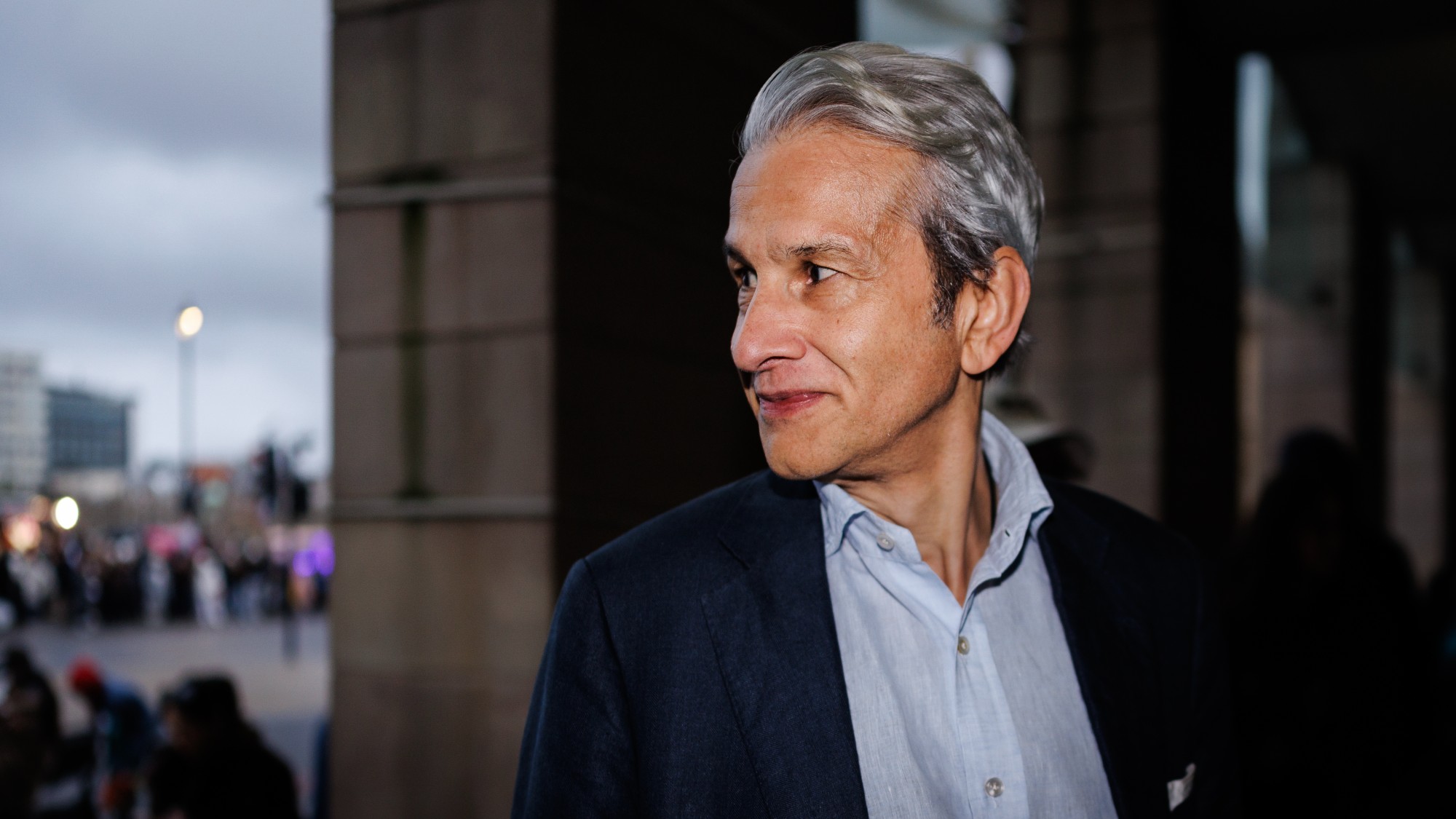 Can the BBC weather the impartiality storm?
Can the BBC weather the impartiality storm?Today's Big Question MPs’ questions failed to land any ‘killer blows’ to quell the ‘seismic outrage’ faced by the BBC
-
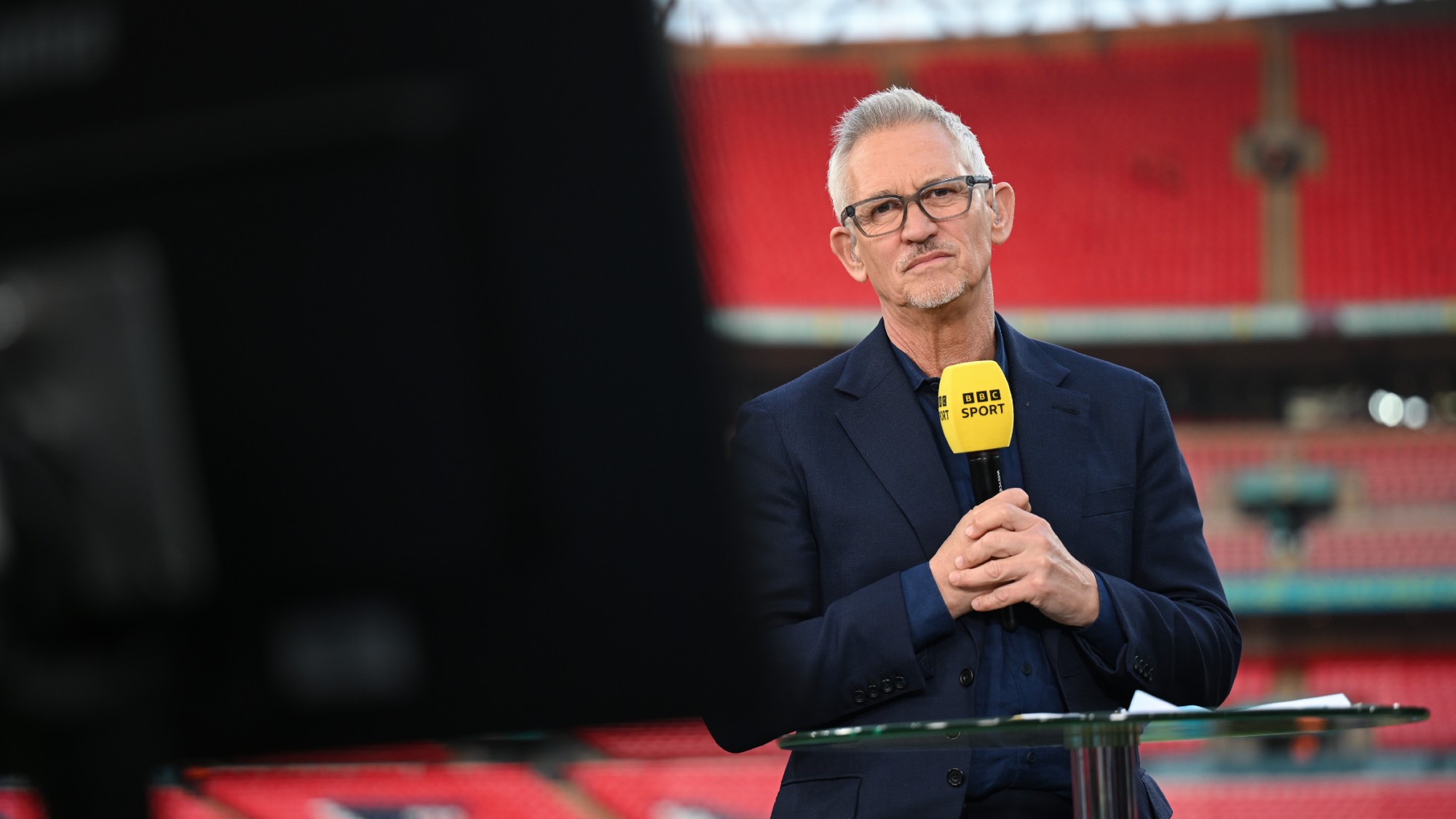 What are the impartiality rules for BBC presenters?
What are the impartiality rules for BBC presenters?The Explainer News presenters and hosts of 'flagship programmes' must adhere to tougher guidelines than other staff and freelancers
-
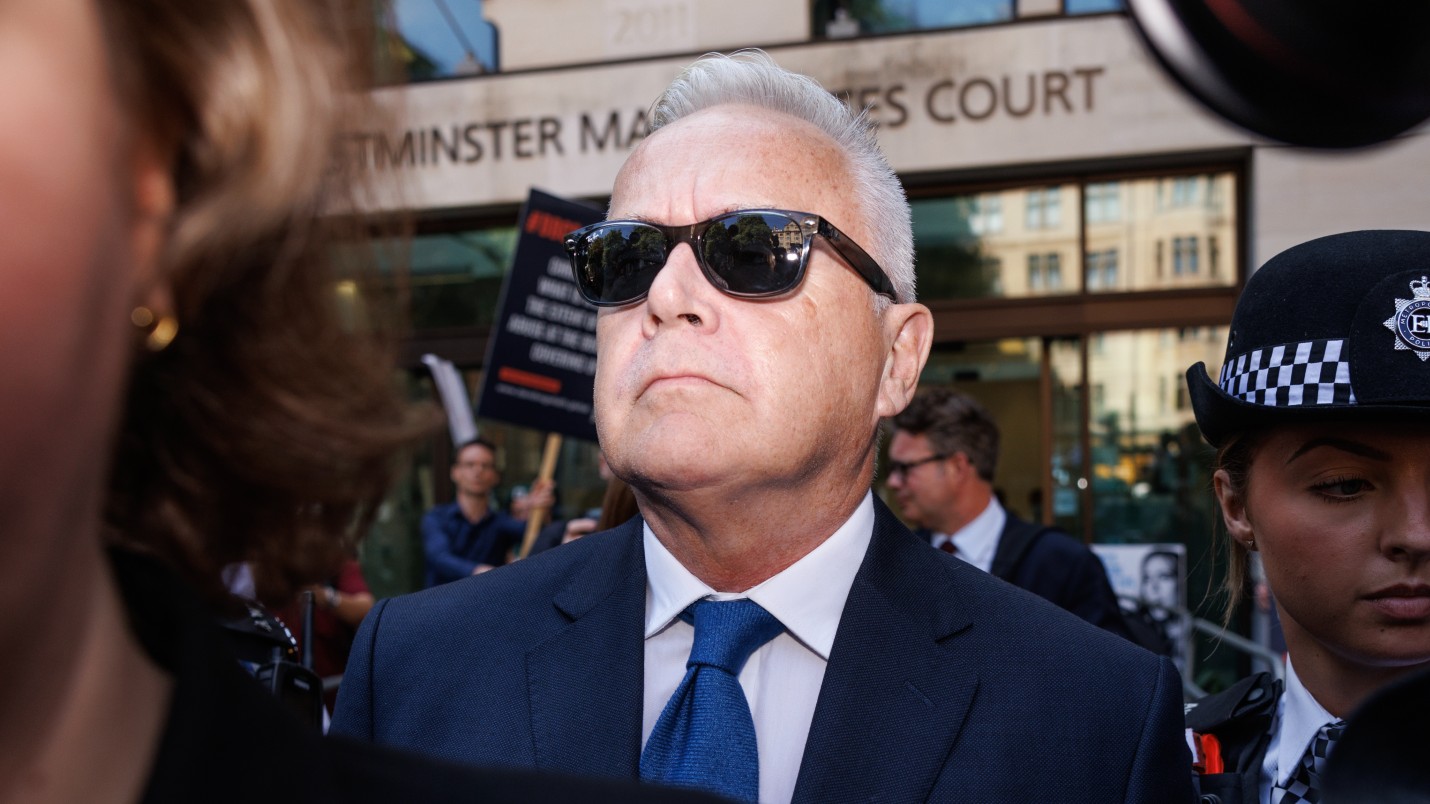 Huw Edwards: why is the BBC so scandal-prone?
Huw Edwards: why is the BBC so scandal-prone?In the Spotlight The national broadcaster has serious questions to answer
-
 Strictly Come Dancing scandal timeline: what happened when
Strictly Come Dancing scandal timeline: what happened whenIn the Spotlight BBC director general addresses speculation over show's future and apologises to celebrity contestants who say they were mistreated
-
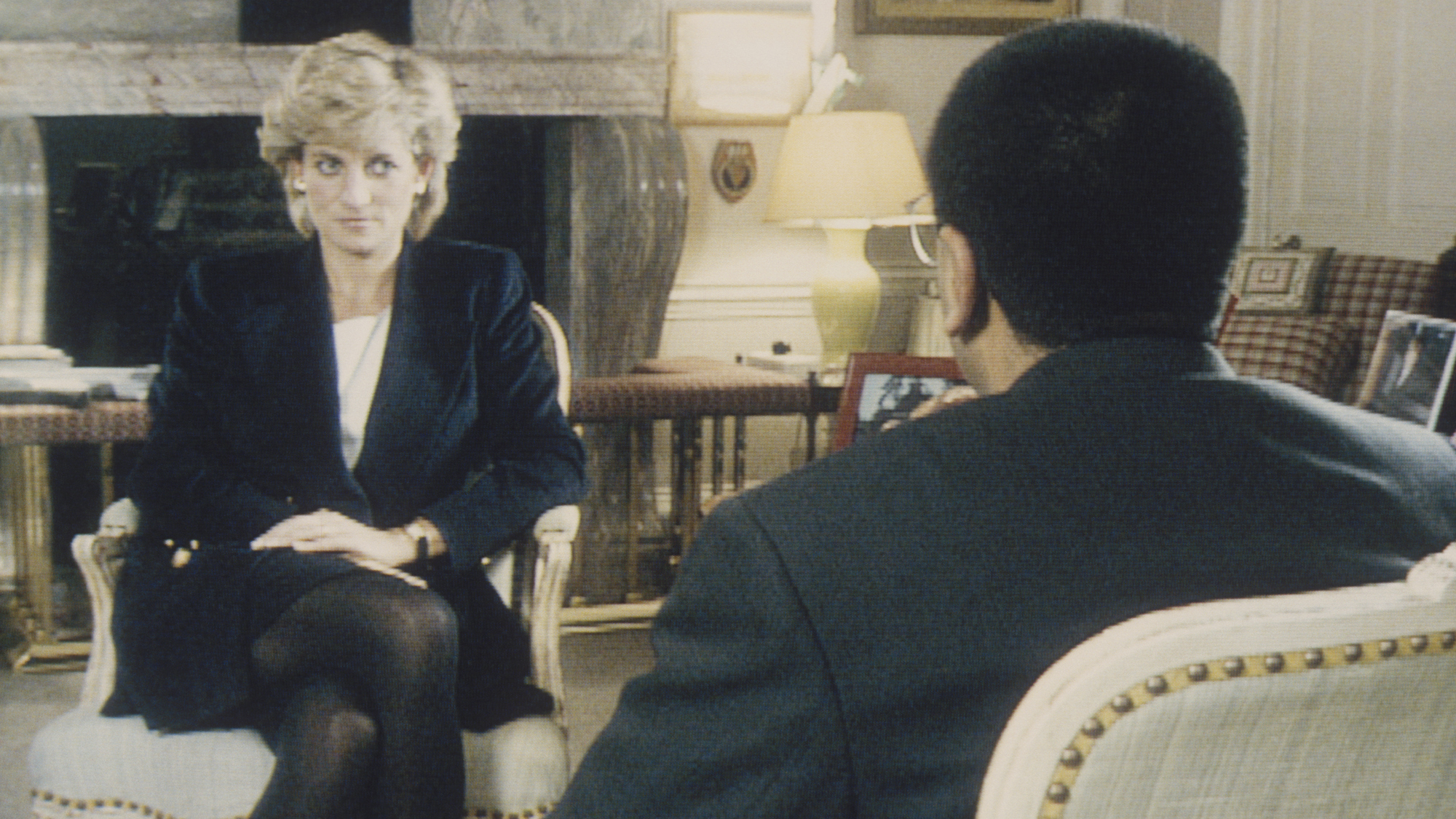 The Princess Diana interview and Martin Bashir's redacted dossier
The Princess Diana interview and Martin Bashir's redacted dossierIn the Spotlight The newly revealed documents show Bashir claimed jealousy and discrimination fuelled allegations against him
-
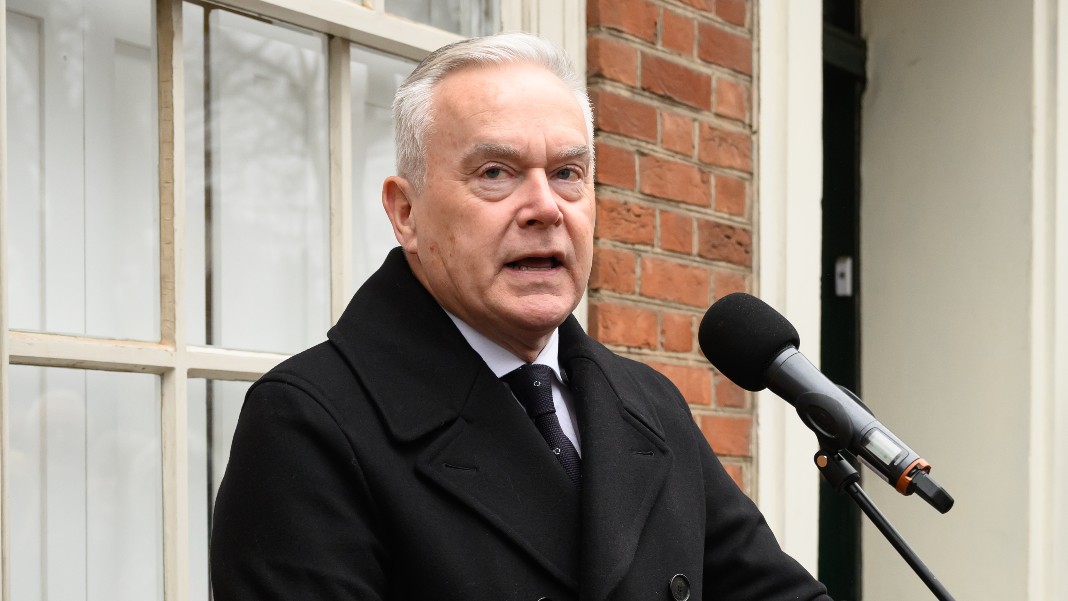 Huw Edwards and the question of ‘public interest’
Huw Edwards and the question of ‘public interest’Talking Point Privacy law ‘mess’ needs to be cleared up, not by judges, but by Parliament
-
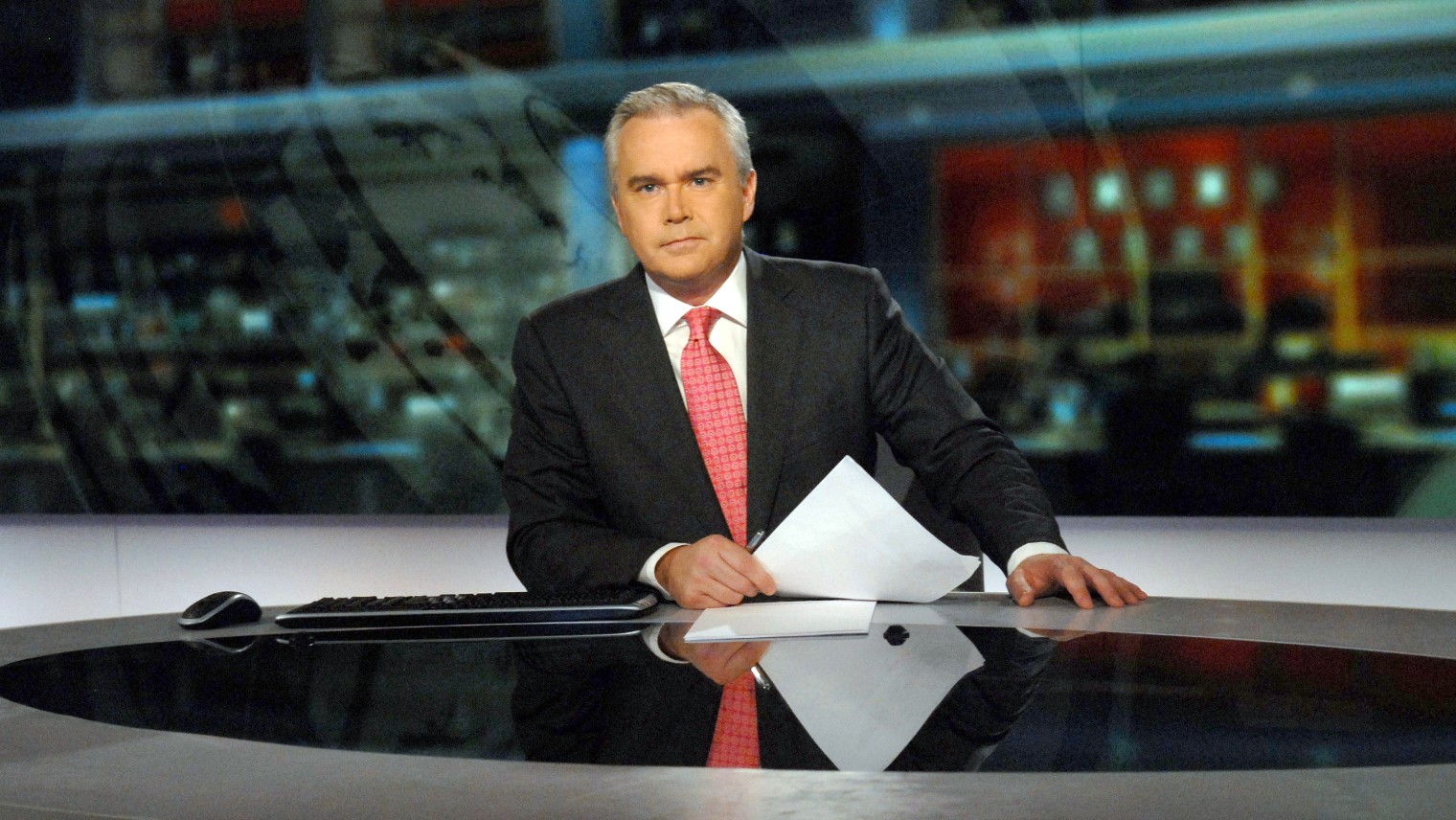 Huw Edwards named as presenter at centre of BBC crisis
Huw Edwards named as presenter at centre of BBC crisisIn Depth News reader’s wife, Vicky Flind, says he will remain in hospital for foreseeable future
-
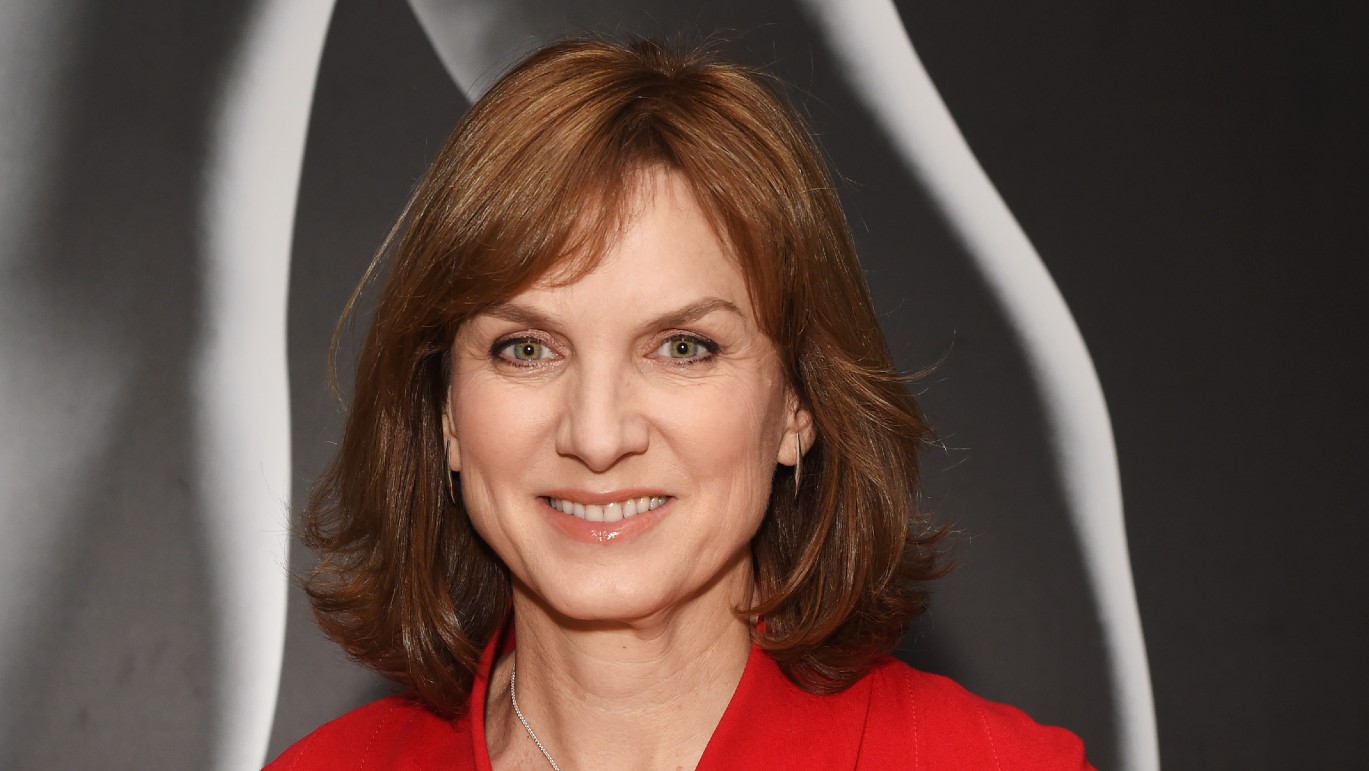 Fiona Bruce: has Question Time host been ‘hung out to dry’?
Fiona Bruce: has Question Time host been ‘hung out to dry’?In Depth Presenter accused of trivialising domestic abuse in debate about Stanley Johnson